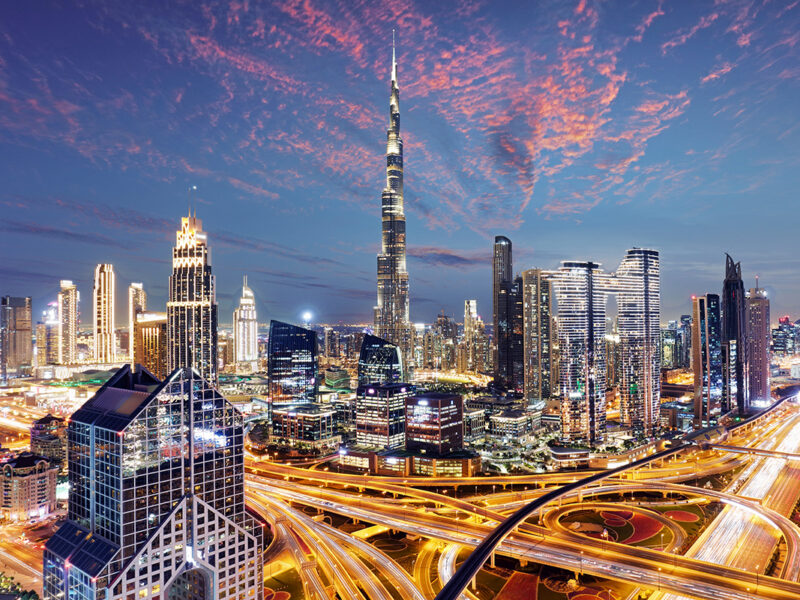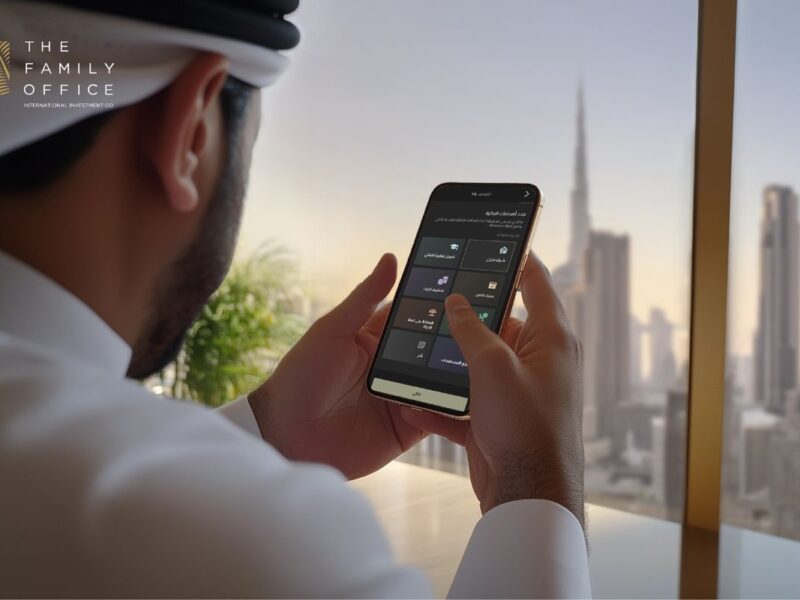He was among the first to introduce every mobility solution that was trending in the UAE, from self-balancing hover boards to electic skateboards and scooters. Now Ahmed Zakaria is taking on the challenge of first and last mile mobility in the UAE with his start-up uGo.
When did you realise there was a gap in the market for a start-up like uGo?
I realised this gap not just in June last year but in 2014 when I started my first mobility start-up called eZrover.
I created a brand and started working with high-end Chinese manufactures to bring high quality mobility transport solutions to the UAE. I was one of the first to introduce the hover board with the self-balancing wheels to the Emirates back in 2014, as well as scooters and electric skateboards. I saw them at a CES conference in the US and was propelled to introduce them to the UAE market as I knew early on that there was a challenge with first and last mile mobility.
We have a great transportation network here and in many parts of the world as well, but there is just one ultimate challenge and that is that it doesn’t take you door-to-door economically…
The volume of people that kept on purchasing not only in the UAE but in Saudi, Oman, Bahrain and Egypt, drove me to think of what else we can do to solve this challenge.
After many other suppliers started heading to manu-facturers in China to get cheap low quality hover boards and scooters, it became difficult to compete with scooters and hover boards which were 50-80 percent cheaper than eZrover’s.
Try to convince customers that yours is superior quality – it did not work and eventually after having a very successful run, I toned it down until 2017 when Bird came into the limelight and beat me to the game. In June 2018 I realised there was a need for first and last mile mobility using micro mobility in the Middle East and hence, uGo was born. What better place to launch and bring it to fruition than in the UAE?
How did the name uGo come about?
In November of 2018, I met my current partner Mohammed [Fathi] at Dubai Future Accelerators and he had also built a scooter company called Scootari. We met and shared our notes on the future of mobility and we both believed that the best course of action was to create one provider and work on our shared experience and network, and build a solution that can really be transformational, scalable and disruptive in nature.
We both decided to keep the name uGo as it defines exactly what we want to achieve: to take you to where you want to go. Today, uGo is backed by some of the biggest names in the industry and has a core founding team of three: Talal [Al-Jarem], Mohammed and myself.
How will uGo solve commuters’ challenges when it comes to first mile and last mile mobility?
We aim to deploy our scooters across hotspots and communities in Dubai and align ourselves 100 percent with the local authorities in order to create a new behaviour of movement.
Our aim is to drive more traffic to the local trans-portation providers like the bus, metro, taxi etc., and also give commuters accessibility to a new dimension of transportation; one that you are in control of and one which you can literally drop at your doorstep or at the designated docking stations – basically overcoming daily commuting challenges.
Can you walk us through your funding journey?
We initially put in personal funds to begin the journey (seed capital), and are currently raising capital from both venture capitalists and angel investors.
We are being very selective as we only want investors who can contribute to the growth of the business and who genuinely see a path to success. We want active investors who know the challenges and who know the industry and have the capacity to grow organically with us as we aim to grow globally.
E-scooter mobility is limited in the UAE. Is that a challenge for uGo? How do you tackle it?
In Europe, scooters are allowed on public roads. Driving habits are different across the globe and are always based on the infrastructure.
Dubai and the UAE have incredible infrastructure for this sort of solution. New communities are being sprung up with dedicated bike and pedestrian paths, and the city is migrating to be pedestrian-friendly, from Deira to Bur Dubai, Khawaneej, Jumeirah and Emirates Hills. This makes the solution even more appealing.
Do you think the e-scooter sector needs more regulation? Are you worried about possible future bans?
Regulations are very important for scooters to be successful. If you have less regulation, [they] become a hazard on the road, and if you have over-regulation, it kills the business model. So I believe that regulations are important for safety, security and the environment, which is why it is paramount for us to work hand-in-hand with the local authorities and even assist them in crafting regulations suitable for our country.
We want to keep Dubai and other cities beautiful and safe, and that’s why we are investing time and money in makings sure we deliver quality, convenience and safety to our riders and a peace of mind to the authorities and regulators.
When will you begin operations and what is your plan for the next year?
We are currently working on a pilot project which you will see very soon and our aim is to launch it towards the end of 2019 and then in 2020 cover all the UAE and other GCC countries. We want to make uGo a household name that everyone can identify with.
It’s a shift in the mind-set; a new behaviour. Our branding team is working on delivering a clear message to people that we are not just a scooter company.
What are your expansion plans beyond Dubai and can you share the timeline?
Our expansion plans are for Dubai, the rest of the UAE and the GCC, followed by North Africa and the CIS over a 2-4 year period.
Scooters are controversial and some reports claim they produce more greenhouse gas emissions per mile than by traveling by bus, bicycle or foot. What is uGo’s stance on sustainability?
Yes they are less eco-friendly than walking or cycling, but more sustainable and eco-friendly than driving.
If you just look at the propulsion instead of the whole life cycle, scooters are more sustainable than automobiles and buses in the long run as they use electricity.
The greenhouse gas emissions of scooters are just over 200 grams of CO2 per mile, and for automobiles the life cycle emissions are about 400 grams of CO2 per mile – that’s taking into account charging the scooters and also dropping and then picking them up.
The reason it may seem much higher in the US is because they have “juicers” who drive in their cars to pick up scooters and charge them. We are working on a solution which would not require any “juicers”.







